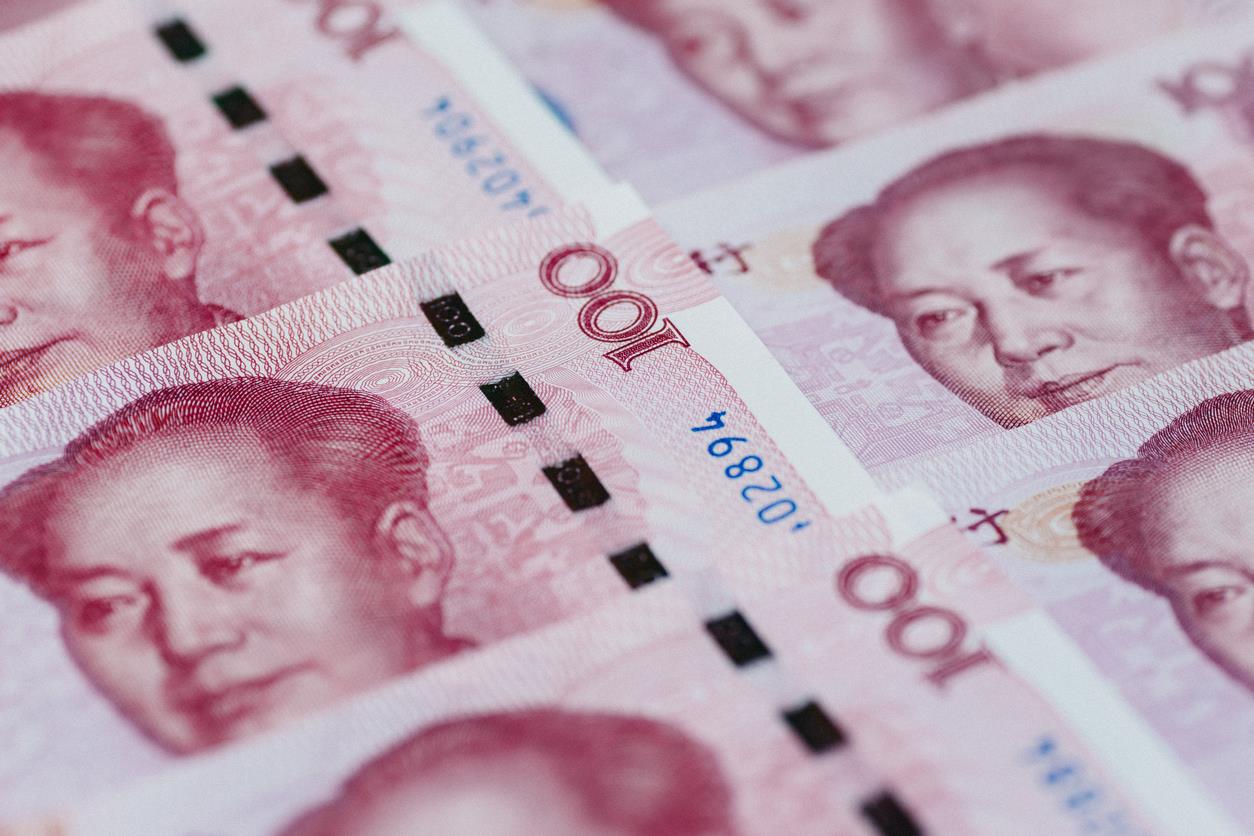Yin And Yang Trump Marx And Lenin In China
Horváth makes a solid case that present-day China is more the product of 5,000 years of Chinese history and pedagogy than it is of messianic Marxism-Leninism, an ideology that is unprecedented in Chinese history, dates only to 1949 and is now running on fumes.
For this reason, he repeatedly takes the West to task for its burgeoning Sinophobia, which he suggests is tinged with paranoia over the prospect of having to play second fiddle to a rising power viewed as not clubbable.
He explains that Beijing's foreign policy reflects its ancient wisdom and scholarship, which is more about stability through economic exchange and business relations than it is about war, conquest and subjugation.
Horváth's thesis should play well across Eurasia and the so-called Global South, while garnering brickbats from many of the China mavens who work in our think tanks, universities, and newsrooms.
The author, a fluent Mandarin speaker with extensive in-country experience, questions the tendency of Western academics to view Beijing's strategic engagement with the outside world through the lens of a one-dimensional and linear analytical framework, which all too often fails to grasp the impact China's history and ancient scholarship have had on the country's foreign policy.
To be sure, their analyses commonly fall short of unveiling the deep motivations that underpin China's external relations. The author doesn't shrink from describing his academic colleagues in unflattering terms:“In Hungary,” he says,“a large number of China experts lack any knowledge of Chinese [language and see Beijing's] geopolitical aspirations [through the lens of] hostile American and Western European research and articles.”
“In [my] book,” he continues,“I try to compensate for the aforementioned professional shortcomings by drawing on my familiarity with [Mandarin] language, culture and ways of thinking,” which he acquired by living twelve years in situ.
More Tao, Less MaoHorváth describes how China's ancient philosophy and the concept of yin and yang – the view that seemingly contradictory forces in nature are, in fact, interwoven and interdependent – is at work in its foreign policy.
“'Observe calmly; secure our position; cope with affairs calmly; hide our capacities and bide our time; be good at maintaining a low profile; and never claim leadership.'
And when the moment is right and all circumstances right, in the words of the ancient Chinese sage,
tianshi dili renhe, then it is the time to step up and begin the fight in the spirit of Tao and bring the world into balance, into the right yin and yang, to restore the world order.”
Horváth repeatedly quotes from Chinese classic texts such as the“Tao Te Ching”:“Those who lead people by following the Tao, don't use weapons to enforce their will. Using force always leads to unseen troubles.” He believes this attitude permeates Chinese foreign policy.

Legal Disclaimer:
MENAFN provides the
information “as is” without warranty of any kind. We do not accept
any responsibility or liability for the accuracy, content, images,
videos, licenses, completeness, legality, or reliability of the information
contained in this article. If you have any complaints or copyright
issues related to this article, kindly contact the provider above.
Most popular stories
Market Research

- Bitcoin Adoption On Sui Accelerates As Threshold Network And Sui Launch Phase 2 Of Tbtc Integration
- Falcon Finance Announced $FF And Community Sale On Buidlpad
- United States Fin Fish Market Size Forecast With Demand Outlook 20252033
- Bitmex And Tradingview Announce Trading Campaign, Offering 100,000 USDT In Rewards And More
- Virtual Pay Group Secures Visa Principal Acquirer License
- United States Kosher Food Market Long-Term Growth & Forecast Outlook 20252033




























Comments
No comment